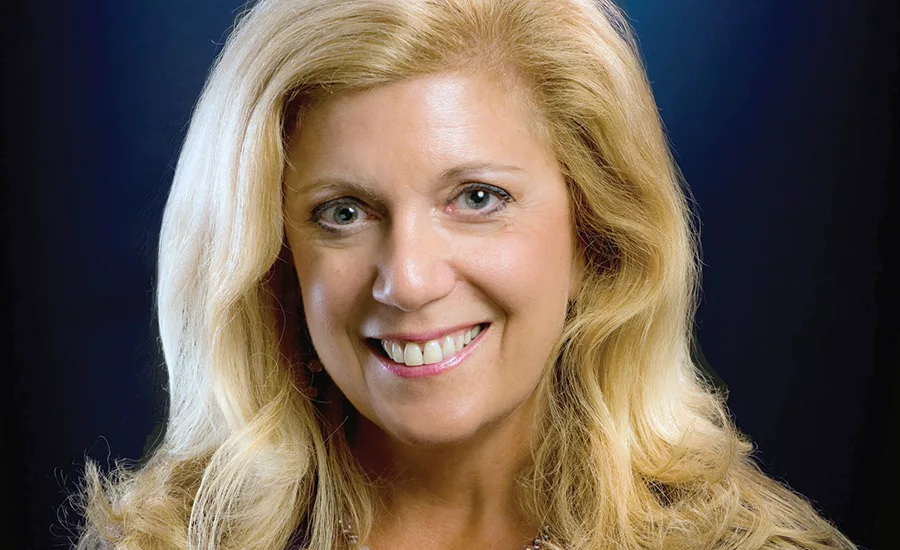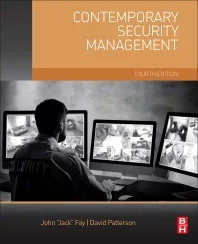Catching Up with Bonnie Michelman

Bonnie Michelman
Next month we will honor the Most Influential People in Security, with our annual report, which is now in its 11th year.
Bonnie Michelman, the Executive Director of Police, Security and Outside Services at Massachusetts General Hospital, Boston, Massachusetts and Security consultant for Partners HealthCare Inc., was among one of the security leaders that was recognized in our first Most Influential People in Security report. She has been in the security industry for more than 30 years, and I recently spoke with her about why she still enjoys it, and what has changed.
Why do you still enjoy your role and this industry?
I can honestly say I’ve never had a boring day. I’ve never had a day where I haven’t learned a lot about something, someone, security, people or leadership. It’s a very diverse industry, and it has transformed in such revolutionary ways that it makes it a very, very exciting and constantly changing career. And that works well with my personality.
How has your role changed since you first began in the industry?
It has changed in many ways. Functionally there’s been enormous expansion in the functional breadth that our department is involved in, from the types of committees to the types of functions and tasks and involvement in certain organizational initiatives and activities. I have taken on other departments, functions and organization-wide initiatives that don’t have anything specific to do with security. I think that’s a very positive thing for our department morale and how other divisions of the organization see and utilize our services. I think part of why my personal role has changed is because I’ve changed it. I offered to do things that weren’t traditional to a security department, and I have found that has worked in valuable ways for my team in creating more fulfillment, diversification and appeal to the jobs.
What accomplishments over your career are you most proud of?
I was recently elected President of ISMA, and I’ve also been privileged to have been President of IAHSS (International Association for Healthcare Security and Safety) twice and have held the esteemed role of President of ASIS International. That’s a huge accomplish- ment because those organizations have given me a lot of access to great people and to a network I never would have had, plus amazing educational and leadership experience. I’m also very proud of leading teams and developing people in ways that have enabled them to maneuver and navigate through the industry and within career ladders. I’m very proud of the tenure of the people that work directly for me, and the fact that we’ve gotten much done in terms of protecting assets with a proactive approach to enterprise risk management.
What has surprised you most about your role?
What has surprised me about my role is the amount of unbelievable issues and vulnerabilities in healthcare security and other industry sectors that are quite shocking, from cybercrime to workplace violence, including vulnerable patient populations and activist activities in our research divisions. Those types of risks and their seriousness is very shocking to people when they understand what healthcare security is all about, and has an enormous impact of the success of the organization if not properly managed.
How have cybersecurity threats and mitigation efforts changed your role?
Cybercrime is by far the biggest security risk that we as a country face. So when we put programs together, I now always have to keep cybersecurity threats and mitigation strategies in the forefront of my mind. In my role I am also a security consultant for 12 other hospitals that comprise Partners HealthCare. I work with our information systems and information security professionals with joint investigations.
As a woman in a male-dominated industry, do you feel any type of pressure or calling to mentor other female security professionals?
I’m a big mentor for people, and I don’t only mentor female security professionals. I don’t like to be separated out as a woman in security. However, ASIS has a large “Women in Security” initiative, and I’ve embraced it because I believe that it is a great way to coach and help those who are a minority in this industry to understand it better and be successful in it. I do, therefore, feel an obligation to get women thinking about how wonder- ful this industry is. That includes people from other academic disciplines to under- stand the value of the security industry and why it is such a fabulous profession. I am passionate about it because if we don’t do this work, we won’t have a diverse workforce, which is optimal in any business for success, productivity and retention. As a woman in this industry, there shouldn’t be any difference other than I bring my style, skills and personality, just as anybody else does.
Looking for a reprint of this article?
From high-res PDFs to custom plaques, order your copy today!





